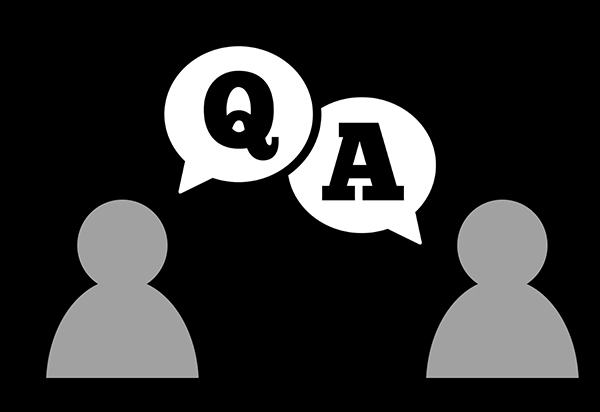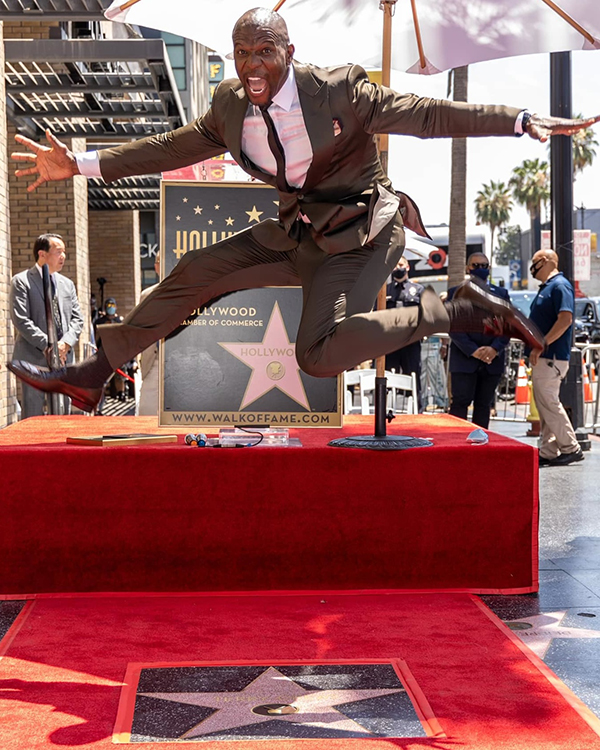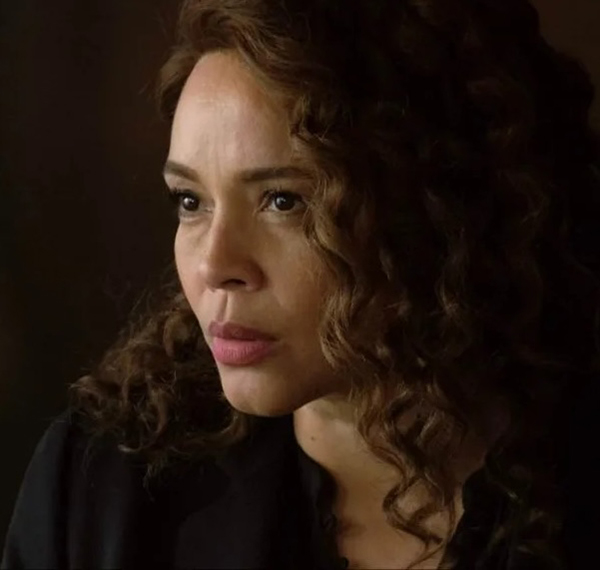THE Q&A: Pulitzer Prize-winning composer Abels has new show



Michaels Abels
By Darlene Donloe
Contributing Writer
Composer Michael Abels has loved music ever since he was a child. He started taking piano lessons at 4, setting the stage for his enduring musical journey.
“It made me feel something even at that young age,” he said.
Today, Abels, 62, lights up when he gets to work in different mediums. He said it allows him to approach his craft from different directions.
For film, he likes to go behind the emotion to follow the feelings as depicted by the actors, allowing the music to come in to complement and reinforce, but in opera or theater, he said, the music sets the stage, creating the setting in which the singer then sings.
A Pulitzer Prize-winner for “Omar,” an opera he wrote with Rhiannon Giddens, Abels is all in on his current project, a modern-day song cycle spun from the skin of history for string quartet, chorus and narrator called, “At War With Ourselves — 400 Years of You.”
On the show, to be performed at the Wallis Annenberg Center for the Performing Arts at 7:30 p.m. Feb. 15, Abels gets to work with the innovative string ensemble Kronos Quartet, joining the Grammy Award-winning choral ensemble Tonality.
“At War With Ourselves,” featuring text by National Book Award-winning poet Nikky Finney, is a new work that explores race relations, social justice and civil rights in 21st-century America. It’s inspired by Finney’s 2013 poem, “The Battle of and for the Black Face Boy.”
Finney once said the poem was a “Radical libretto made of Civil War history, Black history and modern American headlines.” “Black Face Boy” examines how “the question of who gets to move like a free person and who gets to move in chains remains ensconced in our everyday American lives 150 years later.”
“At War With Ourselves” is right up Abels’ alley, who likes to take people on a journey with his music.
“All music is a form of storytelling,” Abels said. “You want the people to go on a journey. During these 80 minutes, that’s exactly what we do. In the end, we all feel like we’ve shared something.”
Abels, co-founder of the Composers Diversity Collective, an advocacy group that increases the visibility of composers of color in film, gaming and streaming media, has an impressive list of stage, television and big-screen credits.
Recent projects include the ballet “Falling Sky” for Butler University, the opera series “Desert In” for Boston Lyric Opera, the docu-series “Allen v. Farrow” for HBO, and the film “Nightbooks” for Netflix.
A two-time Emmy nominee and a Grammy nominee, Abels is known for his work with Jordan Peele on the Oscar-winning “Get Out” and “Us,” for which he won numerous awards.
I recently spoke to him about “At War With Ourselves — 400 Years of You.”
DD: Talk about composing music for “At War With Ourselves — 400 Years of You.”
MA: There was a poem by Nikky Finney, and the idea was to set it to music for the choir and the Kronos Quartet. They wanted it set to music so she could read it and the choir could sing it. Her poetry is so rich in meaning. Every line of the poem is a separate song. I took it line by line.
There were 16 different songs when I got through it. I meditated on each stanza individually to find the rhythm and meaning of Nikky’s language. I researched her references to “traffic lights” and “ironing boards” to educate myself on the history. The piece incorporates stylistic elements of many of the most iconic American music genres, from folk to Dixieland to Jimi Hendrix and the sounds of The Great American Songbook.
DD: And the process?
MA: You come up with a plan. You have to learn to write for the voice. I used to sing. I sing for myself, not for the public. First, I say the words. I find the rhythm from there. It’s singable. This music feels right in the voice. It’s sung the way you would say it.
It was an excellent opportunity to showcase the many kinds of music Black people invented or contributed to heavily. I had a chance to write jazz, all forms of jazz, and some rock. Some of the words are dealing with harsh and cruel events. It’s important to leave people with a sense of hope. The music is sometimes tragic but often has a sense of hope, often in contrast to the words. We premiered it in 2021, but it resonates even more today.
DD: What is your collaboration process with the director and Finney?
MA: She’s a great poet. My intention was not to change a word. Sometimes, there is one word that doesn’t fit. It has to do with rhythm. I would email her and say, “What if I move this out or take this out?” I was trying to set the text the way she wanted it. Mostly, I followed the text as written. When we met at the workshop, I felt I had this profound connection with her.
DD: What is it about music?
MA: Music can make us feel a certain way, but that kind of way is different for every person who encounters music. It’s based on your journey. It allows us to share the things that make us most human. It transcends language.
DD: What does music do for you?
MA: I’ve always thought it was powerful. My grandmother played a record that would make me scream. I remember it because it was terrifying. I had to know how it could do that. It felt like a magic power. At the age of 4, I wanted to take piano lessons. I’ve had it from then ‘til now.
DD: What record made you scream?
MA: It was “In The Hall of the Mountain King.” Edvard Grieg is the composer. It doesn’t start scary … but wait. I would run from the room at age 3. It affected me so much.
DD: Do you believe music can play a part in amplifying marginalized voices and promoting social change?
MA: Absolutely. It’s one of the most effective things. Armed with music, an artist effectively tells a story, often their own. All art amplifies whatever its subject matter is.
DD: Talk about the challenges, if any, you face as a Black composer.
MA: If you do something that works, people will think that’s the only thing you can do. They think of you in terms of the last things you did. Those are the challenges. Not just being Black. We had two strikes last year and fires this year. We have streaming services that do not want to pay, and AI is also present. Those are all challenges. Still, I feel blessed to be able to do what I do for a living.
DD: Would you advise the next generation to try making their mark in classical music?
MA: I advise people interested in being artists to be artists. That is a spiritual calling. You are compelled to do it. I tell people that the universe does have a use for their talents.
“At War With Ourselves — 400 Years of You,” presented by The Wallis & Tonality, featuring Kronos Quartet & Tonality, The Wallis, Bram Goldsmith Theater, 9390 N. Santa Monica Blvd., Beverly Hills, Feb. 15, 7:30 p.m. Information: 310 746-4000.
Darlene Donloe is a freelance reporter for Wave Newspapers who covers South Los Angeles. She can be reached at ddonloe@gmail.com.





